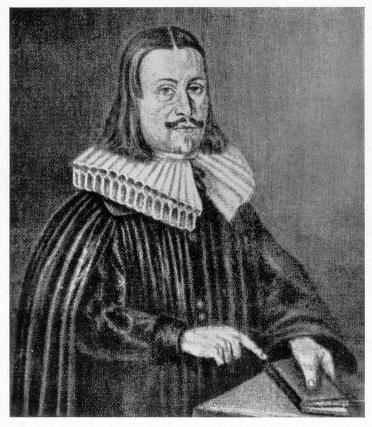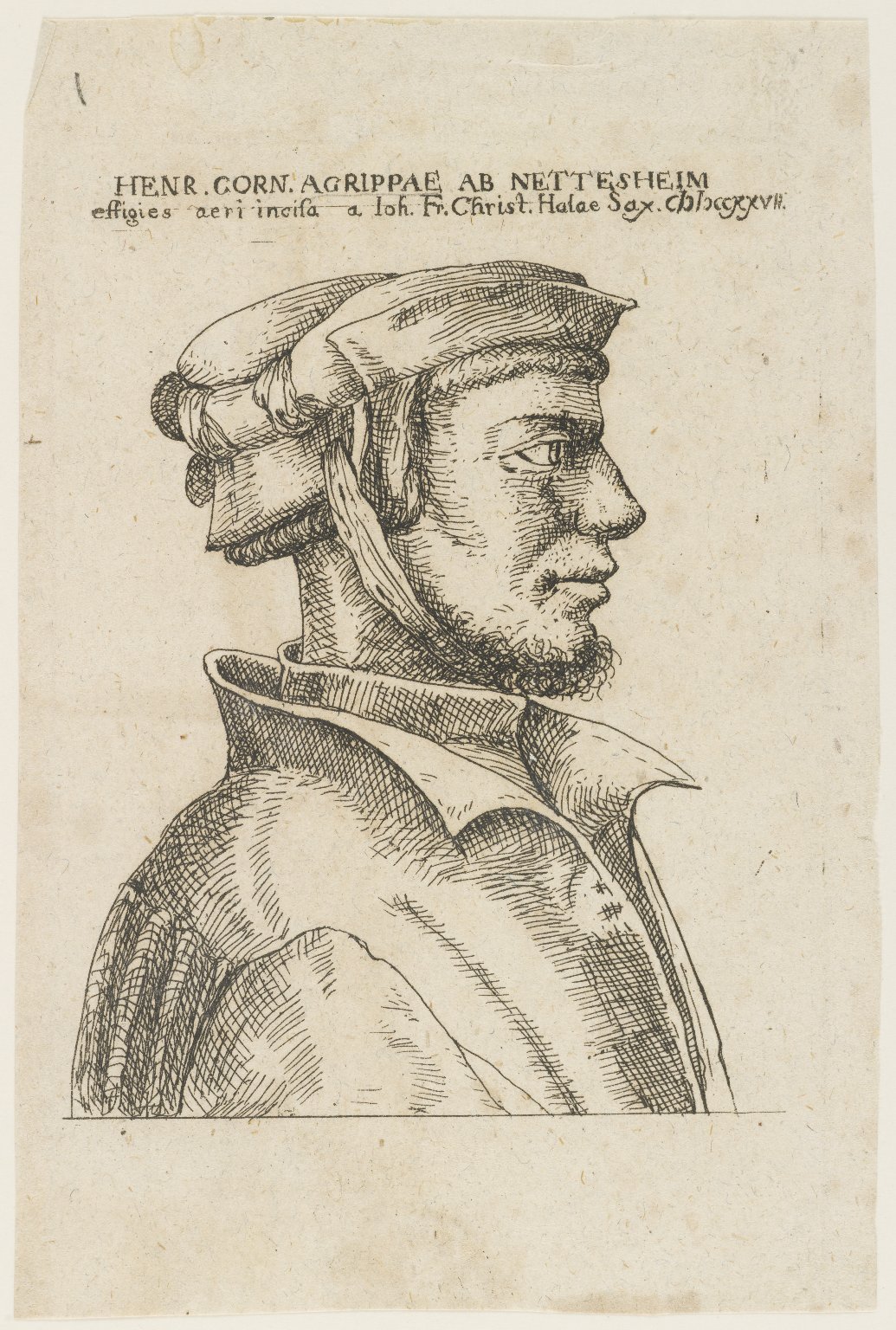|
Andreas Libavius
Andreas Libavius or Andrew Libavius was born in Halle, Germany and died in July 1616. Libavius was a renaissance man who spent time as a professor at the University of Jena teaching history and poetry. After which he became a physician at the Gymnasium in Rothenburg and later founded the Gymnasium at Coburg. Libavius was most known for practicing alchemy and writing a book called ''Alchemia'', one of the first chemistry textbooks ever written. Life Libavius was born in Halle, Germany, as Andreas Libau, the son of Johann Libau. His father, only a linen worker, could not give Libavius an education because in this time period only the wealthy were able to get a higher education. Showing great intelligence as a child Livavius overcame his personal status and attended the University of Wittenberg at the age of eighteen in 1578. In 1579 he entered the University of Jena where he studied philosophy, history and medicine. In 1581 he obtained the academic degree of '' magister arti ... [...More Info...] [...Related Items...] OR: [Wikipedia] [Google] [Baidu] |
Frances Yates
Dame Frances Amelia Yates (28 November 1899 – 29 September 1981) was an English historian of the Renaissance, who wrote books on the history of esotericism. After attaining an MA in French at University College London, she began to publish her research in scholarly journals and academic books, focusing on 16th-century theatre and the life of the linguist and lexicographer John Florio. In 1941, she was employed by the Warburg Institute in London, and began to work on what she termed "Warburgian history", emphasising a pan-European and inter-disciplinary approach to historiography. Her most acclaimed publication was '' Giordano Bruno and the Hermetic Tradition'' (1964), in which she emphasised the role of Hermeticism in Bruno's works and the role that magic and mysticism played in Renaissance thinking. '' The Art of Memory'' (1966), and ''The Rosicrucian Enlightenment'' (1972) are also major works. Yates wrote extensively on the occult or Neoplatonic philosophies of the Re ... [...More Info...] [...Related Items...] OR: [Wikipedia] [Google] [Baidu] |
Chemistry
Chemistry is the scientific study of the properties and behavior of matter. It is a physical science within the natural sciences that studies the chemical elements that make up matter and chemical compound, compounds made of atoms, molecules and ions: their composition, structure, properties, behavior and the changes they undergo during chemical reaction, reactions with other chemical substance, substances. Chemistry also addresses the nature of chemical bonds in chemical compounds. In the scope of its subject, chemistry occupies an intermediate position between physics and biology. It is sometimes called the central science because it provides a foundation for understanding both Basic research, basic and Applied science, applied scientific disciplines at a fundamental level. For example, chemistry explains aspects of plant growth (botany), the formation of igneous rocks (geology), how atmospheric ozone is formed and how environmental pollutants are degraded (ecology), the prop ... [...More Info...] [...Related Items...] OR: [Wikipedia] [Google] [Baidu] |
Medicine
Medicine is the science and Praxis (process), practice of caring for patients, managing the Medical diagnosis, diagnosis, prognosis, Preventive medicine, prevention, therapy, treatment, Palliative care, palliation of their injury or disease, and Health promotion, promoting their health. Medicine encompasses a variety of health care practices evolved to maintain and restore health by the prevention (medical), prevention and treatment of illness. Contemporary medicine applies biomedical sciences, biomedical research, medical genetics, genetics, and medical technology to diagnosis (medical), diagnose, treat, and prevent injury and disease, typically through pharmaceuticals or surgery, but also through therapies as diverse as psychotherapy, splint (medicine), external splints and traction, medical devices, biologic medical product, biologics, and Radiation (medicine), ionizing radiation, amongst others. Medicine has been practiced since Prehistoric medicine, prehistoric times, and ... [...More Info...] [...Related Items...] OR: [Wikipedia] [Google] [Baidu] |
Physics
Physics is the scientific study of matter, its Elementary particle, fundamental constituents, its motion and behavior through space and time, and the related entities of energy and force. "Physical science is that department of knowledge which relates to the order of nature, or, in other words, to the regular succession of events." It is one of the most fundamental scientific disciplines. "Physics is one of the most fundamental of the sciences. Scientists of all disciplines use the ideas of physics, including chemists who study the structure of molecules, paleontologists who try to reconstruct how dinosaurs walked, and climatologists who study how human activities affect the atmosphere and oceans. Physics is also the foundation of all engineering and technology. No engineer could design a flat-screen TV, an interplanetary spacecraft, or even a better mousetrap without first understanding the basic laws of physics. (...) You will come to see physics as a towering achievement of ... [...More Info...] [...Related Items...] OR: [Wikipedia] [Google] [Baidu] |
Theology
Theology is the study of religious belief from a Religion, religious perspective, with a focus on the nature of divinity. It is taught as an Discipline (academia), academic discipline, typically in universities and seminaries. It occupies itself with the unique content of analyzing the supernatural, but also deals with religious epistemology, asks and seeks to answer the question of revelation. Revelation pertains to the acceptance of God, gods, or deity, deities, as not only transcendent or above the natural world, but also willing and able to interact with the natural world and to reveal themselves to humankind. Theologians use various forms of analysis and argument (Spirituality, experiential, philosophy, philosophical, ethnography, ethnographic, history, historical, and others) to help understanding, understand, explanation, explain, test, critique, defend or promote any myriad of List of religious topics, religious topics. As in philosophy of ethics and case law, arguments ... [...More Info...] [...Related Items...] OR: [Wikipedia] [Google] [Baidu] |
Logic
Logic is the study of correct reasoning. It includes both formal and informal logic. Formal logic is the study of deductively valid inferences or logical truths. It examines how conclusions follow from premises based on the structure of arguments alone, independent of their topic and content. Informal logic is associated with informal fallacies, critical thinking, and argumentation theory. Informal logic examines arguments expressed in natural language whereas formal logic uses formal language. When used as a countable noun, the term "a logic" refers to a specific logical formal system that articulates a proof system. Logic plays a central role in many fields, such as philosophy, mathematics, computer science, and linguistics. Logic studies arguments, which consist of a set of premises that leads to a conclusion. An example is the argument from the premises "it's Sunday" and "if it's Sunday then I don't have to work" leading to the conclusion "I don't have to wor ... [...More Info...] [...Related Items...] OR: [Wikipedia] [Google] [Baidu] |
Plate Xviii Chymie Cn69m494r Dr26xz05s Dl Full Size
Plate may refer to: Cooking * Plate (dishware), broad, mainly flat vessel commonly used to serve food * Plates, tableware, dishes or dishware used for setting a table, serving food and dining * Plate, the content of such a plate (for example: rice plate) * Plate, to present food, on a plate * Plate, forequarter cut of beef Places * Plate, Germany, municipality in Parchim, Mecklenburg-Vorpommern, Germany * Plate, borough of Lüchow, Lower Saxony, Germany * River Plate (other) * Tourelle de la Plate, lighthouse in France Science and technology Biology and medicine * Plate (anatomy), several meanings * Dental plate, also known as dentures * Dynamic compression plate, metallic plate used in orthopedics to fix bone * Microtiter plate (or microplate or microwell plate), flat plate with multiple "wells" used as small test tubes * Orthopedic plate, internal fixation used in orthopaedic surgery * Petri dish or Petri plate, shallow dish on which biological cultures ... [...More Info...] [...Related Items...] OR: [Wikipedia] [Google] [Baidu] |
Panacea (medicine)
A panacea () is any supposed remedy that is claimed (for example) to cure all diseases and prolong life indefinitely. Named after the Greek goddess of universal remedy Panacea, it was in the past sought by alchemists in connection with the elixir of life and the philosopher's stone, a mythical substance that would enable the transmutation of common metals into gold. Through the 18th and 19th centuries, many "patent medicines" were claimed to be panaceas, and they became very big business. The term "panacea" is used in a negative way to describe the overuse of any one solution to solve many different problems, especially in medicine. The word has acquired connotations of snake oil and quackery. A panacea (or ''panaceum'') is also a literary term to represent any solution to solve all problems related to a particular issue. Mythology In Greek mythology, Panacea was one of the daughters of the Greek god of medicine Asclepius, along with her four sisters, each of whom performed ... [...More Info...] [...Related Items...] OR: [Wikipedia] [Google] [Baidu] |
Trithemius
Johannes Trithemius (; 1 February 1462 – 13 December 1516), born Johann Heidenberg, was a German Benedictine abbot and a polymath who was active in the German Renaissance as a lexicographer, chronicler, cryptographer, and occultist. He is considered the founder of modern cryptography (a claim shared with Leon Battista Alberti) and steganography, as well as the founder of bibliography and literary studies as branches of knowledge. He had considerable influence on the development of early modern and modern occultism. His students included Heinrich Cornelius Agrippa and Paracelsus. Early life The byname ''Trithemius'' refers to his native town of Trittenheim on the Moselle River, at the time part of the Electorate of Trier. When Johannes was still an infant his father, Johann von Heidenburg, died. His stepfather, whom his mother Elisabeth married seven years later, was hostile to education and thus Johannes could only learn in secret and with many difficulties. He learned Greek ... [...More Info...] [...Related Items...] OR: [Wikipedia] [Google] [Baidu] |
Heinrich Cornelius Agrippa
Heinrich Cornelius Agrippa von Nettesheim (; ; 14 September 1486 – 18 February 1535) was a German Renaissance polymath, physician, legal scholar, soldier, knight, theologian, and occult writer. Agrippa's ''Three Books of Occult Philosophy'' published in 1533 drew heavily upon Kabbalah, Hermeticism, and Neoplatonism. His book was widely influential among esotericists of the early modern period, and was condemned as heretical by the inquisitor of Cologne. Early life and education Agrippa was born in Nettesheim, near Cologne, on 14 September 1486, to a family of middle nobility.. In letters later in life he wrote that members of his family had been in the service of the House of Habsburg, although such claims may have been motivated by a desire to gain the support of potential patrons. On the record of his matriculation at the University of Cologne in 1499, he is listed simply as a citizen of Cologne, and his father's name is recorded as Henricus de Nettesheym. Agrippa studied at t ... [...More Info...] [...Related Items...] OR: [Wikipedia] [Google] [Baidu] |







